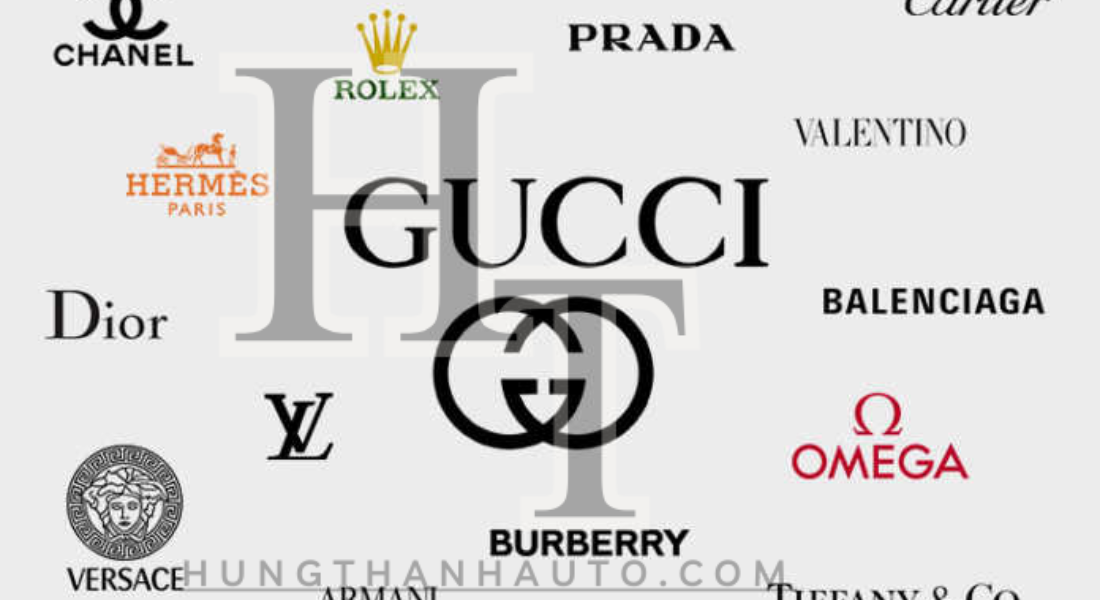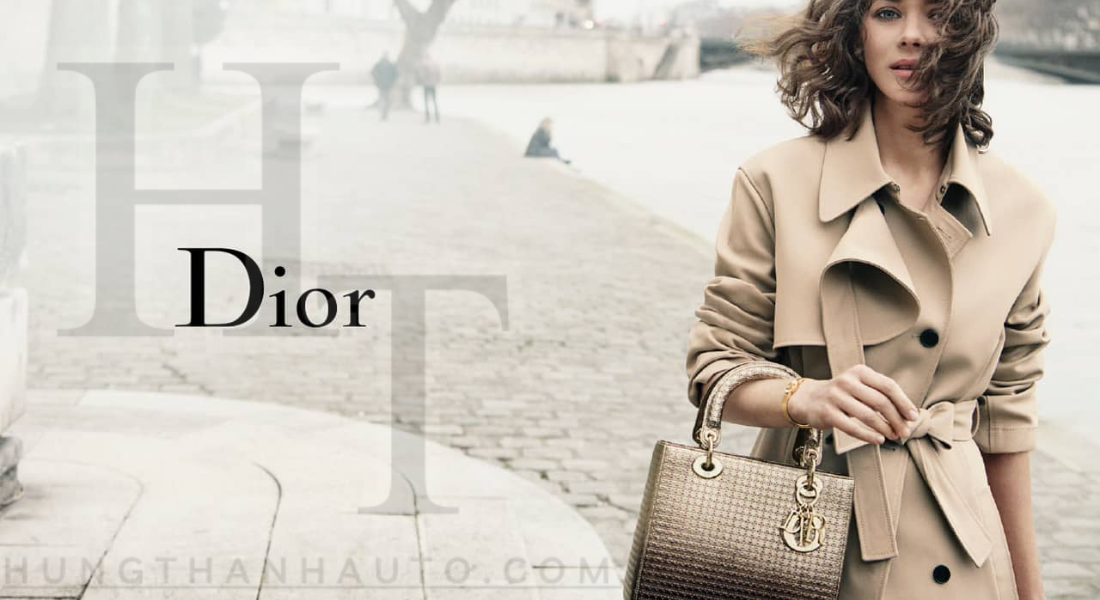Exploring the World of Luxury Fashion Brands: The Ultimate Guide to Timeless Elegance
Introduction
In the world of fashion, few things rival the allure and prestige of luxury fashion brands. These brands represent a blend of craftsmanship, exclusivity, and timeless style, often setting the trends that shape the global fashion landscape. From haute couture to ready-to-wear collections, luxury fashion brands continue to captivate fashion enthusiasts worldwide, offering not only clothing but an entire lifestyle. But what makes a fashion brand truly luxurious? In this comprehensive guide, we explore some of the most iconic luxury fashion brands, their history, influence, and what you can expect from them.
What Defines Luxury Fashion Brands?
Luxury fashion brands are more than just high-priced garments. They are the epitome of craftsmanship, heritage, and exclusivity. Several factors distinguish these brands from mainstream labels, including:
- Quality and Craftsmanship: The materials used in luxury fashion are top-tier, with garments often handcrafted by skilled artisans. The attention to detail is unmatched, making each piece a work of art.
- Heritage and Legacy: Many luxury fashion brands have been around for centuries, developing a legacy that is intertwined with cultural history and style evolution.
- Exclusivity: One of the key attributes of luxury brands is their limited availability. This scarcity creates a sense of exclusivity and desirability.
- Iconic Designs: Luxury brands often set trends rather than follow them. Their designs are known for being groundbreaking and timeless.
- High-Quality Customer Service: Luxury fashion brands often provide a personalized shopping experience, whether in-store or online, making customers feel valued and special.
Top Luxury Fashion Brands to Know
Here is a look at some of the top luxury fashion brands that have defined high-end fashion for decades.
1. Louis Vuitton
Louis Vuitton, or LV, is a symbol of luxury and exclusivity. Known for its iconic monogrammed bags and luggage, Louis Vuitton has evolved over the years to become one of the most prestigious names in fashion. From its roots in 1854 in Paris, the brand has expanded to offer a wide range of products, including ready-to-wear clothing, footwear, and accessories. The brand’s collaborations with artists like Jeff Koons and Virgil Abloh have kept it fresh and relevant while staying true to its rich heritage.
2. Gucci
Gucci is a powerhouse in the world of luxury fashion, known for its bold, eclectic designs and high-quality craftsmanship. Founded in Florence, Italy, in 1921, the brand has become synonymous with luxury, offering everything from ready-to-wear clothing to accessories like handbags and shoes. Under the creative direction of Alessandro Michele, Gucci has redefined luxury with a mix of vintage and contemporary aesthetics, attracting a younger, more diverse audience.
3. Chanel
Chanel is the epitome of timeless elegance and femininity. Founded by Coco Chanel in 1909, the brand revolutionized women’s fashion with its signature tweed jackets, little black dresses, and luxury accessories like the iconic Chanel No. 5 perfume. Chanel remains one of the most coveted fashion houses, known for its impeccable tailoring, high-end materials, and attention to detail.
4. Hermès
Hermès is renowned for its understated yet sophisticated designs, particularly in leather goods. Founded in 1837, the French brand is most famous for its Birkin and Kelly bags, which are considered symbols of wealth and exclusivity. Hermès’ commitment to craftsmanship and quality makes its products highly sought after, with a loyal customer base willing to wait years for a limited-edition piece.
5. Prada
Prada, founded in Milan in 1913, is a leading luxury fashion brand known for its innovative designs and high-quality materials. The brand rose to prominence under the leadership of Miuccia Prada in the 1970s, known for blending classic elegance with avant-garde elements. Prada’s collections often feature bold, minimalist designs and have a distinct sense of modern sophistication.
6. Dior
Christian Dior revolutionized fashion in 1947 with the introduction of the “New Look,” a silhouette that emphasized femininity with its cinched waist and voluminous skirts. Dior’s influence on high fashion is immeasurable, offering everything from haute couture to ready-to-wear collections. Dior remains a symbol of luxury, known for its exquisite tailoring, beautiful textiles, and iconic accessories.
7. Balenciaga
Founded by Cristóbal Balenciaga in 1917, Balenciaga is known for its bold, cutting-edge designs. The brand has been a favorite of fashion-forward individuals and is particularly recognized for its oversized silhouettes and forward-thinking takes on streetwear. Balenciaga continues to push the boundaries of fashion, making it one of the most influential luxury brands today.
Why Luxury Fashion Brands Remain Relevant
Despite fluctuations in the global economy, luxury fashion brands continue to thrive. Several factors contribute to their ongoing success:
1. Rising Demand for Sustainability
As consumers become more conscious of their environmental footprint, luxury fashion brands are leading the way in sustainability. Many top-tier brands are now focusing on eco-friendly materials, ethical production processes, and reducing waste. Hermès, for example, has been praised for its use of sustainable leather, while Gucci has committed to becoming carbon-neutral by 2025.
2. The Influence of Social Media and Celebrities
Luxury fashion has become more accessible and visible due to the rise of social media and celebrity endorsements. Instagram, TikTok, and other platforms have allowed brands to showcase their products to a global audience. Celebrities and influencers frequently wear items from top fashion houses, which has only increased demand for luxury items.
3. The Digital Revolution in Luxury Fashion
Luxury brands have embraced e-commerce to reach global markets, offering an exclusive yet convenient shopping experience. Many brands now offer personalized shopping experiences online, allowing customers to order exclusive items from the comfort of their homes. Virtual fashion shows, digital collections, and augmented reality (AR) shopping features have also helped these brands stay relevant in the digital age.
4. Collaborations and Limited-Edition Collections
One of the ways luxury fashion brands remain in the spotlight is through limited-edition collaborations. Collaborations between high-end labels and streetwear brands or popular artists often create a buzz, as collectors rush to secure exclusive items. These collaborations keep the brand relevant and in demand.
How to Invest in Luxury Fashion
Investing in luxury fashion is about more than just acquiring beautiful pieces. It’s an investment in quality, craftsmanship, and often, long-term value. Here’s how you can invest in luxury fashion wisely:
- Start with Classic Pieces: Investing in timeless pieces like a Chanel bag or a Louis Vuitton monogram will hold its value over time.
- Look for Limited-Edition Items: Limited-edition collections tend to increase in value, making them a smart investment.
- Take Care of Your Pieces: Proper care, including cleaning and storing items correctly, ensures that your luxury items maintain their value.
Conclusion
Luxury fashion brands have endured through centuries, continuing to evolve while staying true to their roots. These brands represent more than just high-end products—they embody history, craftsmanship, and the pursuit of perfection. Whether you’re an avid fashion enthusiast or someone looking to invest in luxury items, understanding what makes these brands special is the first step in appreciating their worth. Luxury fashion is not merely about appearance; it’s about making a statement, embracing exclusivity, and owning a piece of history.


